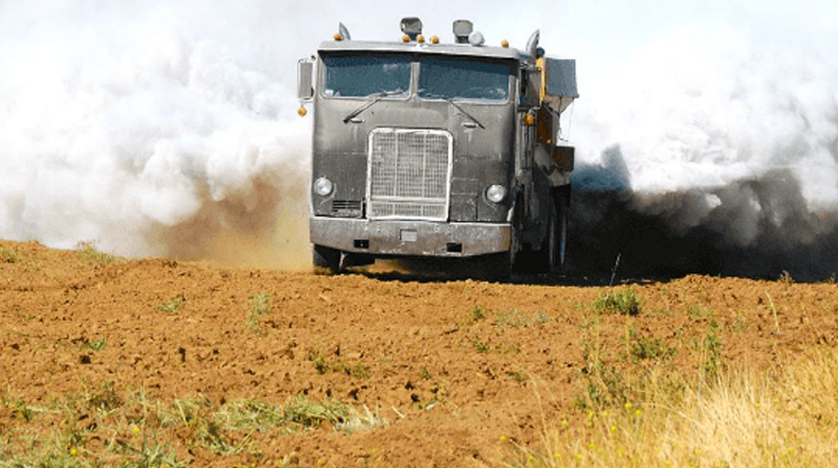
Posted December 5, 2014
Category(s) Industry News Materials

Creating and maintaining the proper growing conditions for plant life can be a bit challenging. In order for vegetation to grow and thrive, specific pH balances must be achieved and the correct amount of nutrients, moisture and sunlight must be able to come into contact with the soil.
But while ensuring that your lawn, garden and/or crops are properly exposed to light and water may fall under your direct control, achieving the right soil conditions can be more difficult. Instead of introducing dozens of chemicals into the earth, many farmers and homeowners choose to utilize agricultural lime (or ag lime).
Although it works in a different way than other fertilizers, ag lime can impart numerous positive benefits upon your soil both on its own and when used in conjunction with other products. Not sure if ag lime is the right fertilizing solution for your needs? Read on to learn more about this versatile and highly useful material.
Agricultural lime is simply limestone that has been carefully crushed down to the proper size for use with soil. Although it’s frequently used for lager-scale agricultural applications, the material is also extremely useful for residential and commercial lawns, as well as for smaller home gardens. For use as a fertilizing material, ag lime should be washed and screened through a sand plant.
You may wonder why anyone bothers with agricultural lime when there are so many other fertilizing products on the market. Interestingly enough, the material actually offers more benefits to the earth than many chemically engineered compounds on the market. Some of the key advantages to using ag lime include:
In order for growers and property owners to get the most benefit from agricultural lime, certain application guidelines should be considered:
It’s true that agricultural lime is often used to correct the effects of long-term fertilizer usage and frequently used soil. At the same time, though, the material can actually be used in conjunction with these other products to actually improve growing conditions. Because the material improves plant nutrient uptake, ag lime can boost the efficiency and effectiveness of other fertilizers by as much as 50%. As long as the proper application techniques are followed, the combination of agricultural limestone and additional products can yield healthy and bountiful vegetation.
Do you still have questions about using ag lime as a fertilizer? The experts here at Braen Stone are more than qualified to provide you with useful answers and advice. Our agricultural lime is available at competitive wholesale rates. Pick up your materials at your convenience or have them bulk delivered to locations in NJ, NY, PA and CT.
VIBRATION CONCERNS SUPPORT NUMBER
973-720-7094
Thank you! Your form was submitted successfully.
There has been an error submitting your form.